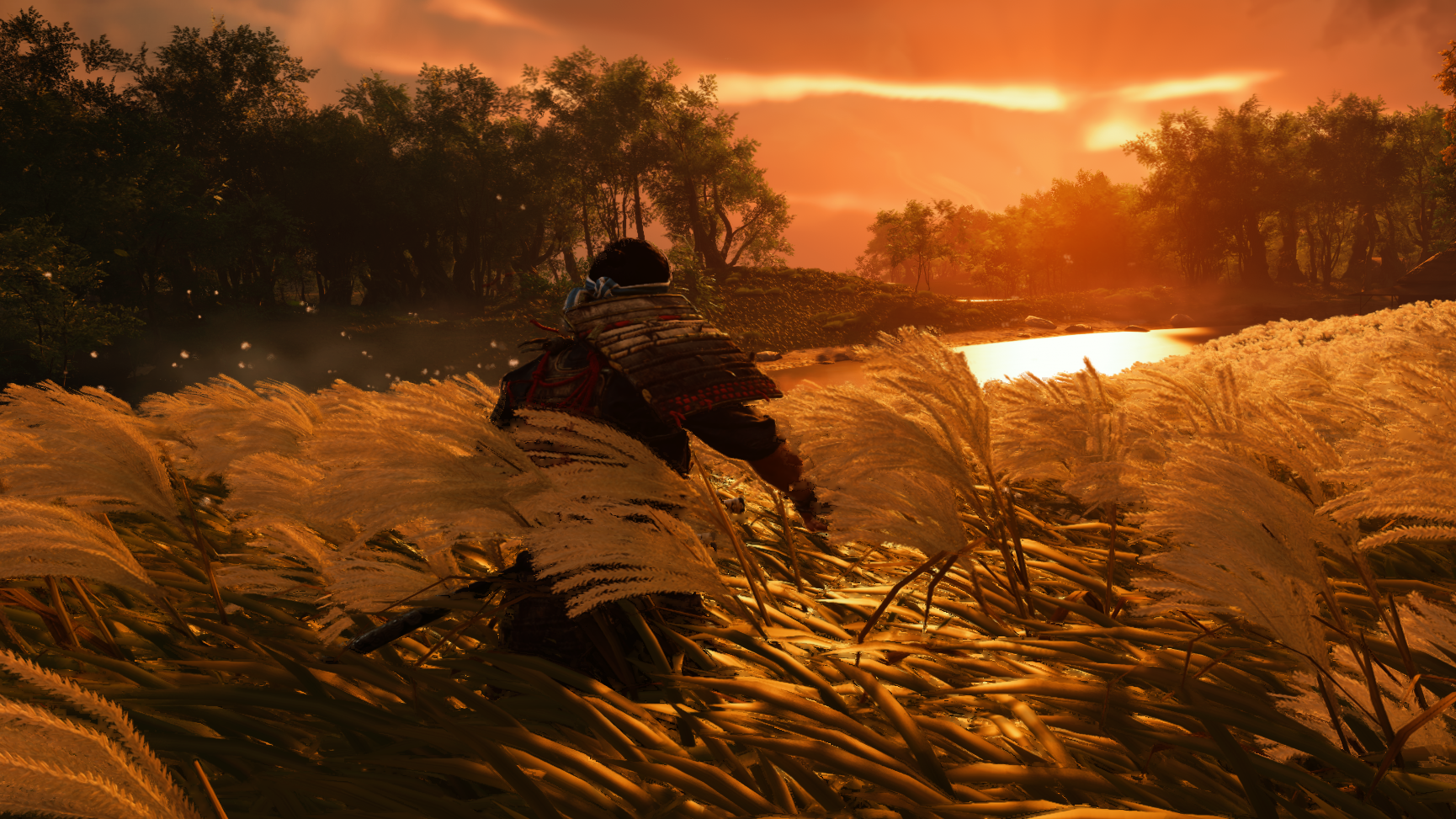
On June 21, Arntzen Software developer Hans-Kristian Arntzen released Version 2.13 of VKD3D Proton, which implements Shader Model 6.8, improves OpenVR and OpenXR support, "reduces memory bloat on AMD cards," updates Nvidia Reflex support, and even fixes some title-specific graphical issues, among other additions. VKD3D Proton is a branch of VKD3D focused on improving DirectX12 feature support within games running under Valve Proton in Linux, and its improvements are eventually rolled into mainline Proton (shipped by default with Steam Deck) as well.
While some may associate news relating to Valve Proton with being primarily Steam Deck-oriented, Proton is meant for all Linux gamers to enjoy, and the dev-focused VKD3D Proton branch is actually much more focused on high-end hardware.
Some of the notes in this update point to that, but adjustments were especially made to Proton's ReBAR (Resizable BAR) support. Essentially, the feature has been limited to cards with less than 8GB of VRAM since that amount of higher can result in system memory being used by ReBAR at inopportune times, resulting in performance loss. Enabling Nvidia Reflex also fixes stuttering. However, older Nvidia drivers must be updated to fully enjoy Reflex's latency improvements, not just the stutter fixes here.
Specific games that got fixes in this update are Assassin's Creed: Mirage, Ghost of Tsushima: Director's Cut, Halo: Infinite, Hellblade II: Senua's Sacrifice, and Arma Reforger. A few "workaround" fixes were applied to Halo: Infinite and Assassin's Creed: Mirage, the latter suffering from "random corrupt geometry." Meanwhile, Hellblade II and Arma Reforger had depth-stencil graphical issues that ruined hair rendering in the former and MSAA in the latter.
Finally, Ghost of Tsushima: Director's Cut was noted as benefiting from a performance tweak to "Sub-allocate small image heaps," which helps alleviate heavy stutter in the title on the desktop. Since the game also supports Nvidia Reflex, the aforementioned Reflex updates should also be welcome. The notes mention that the Steam Deck code path "does not seem to use small heaps, to begin with."







